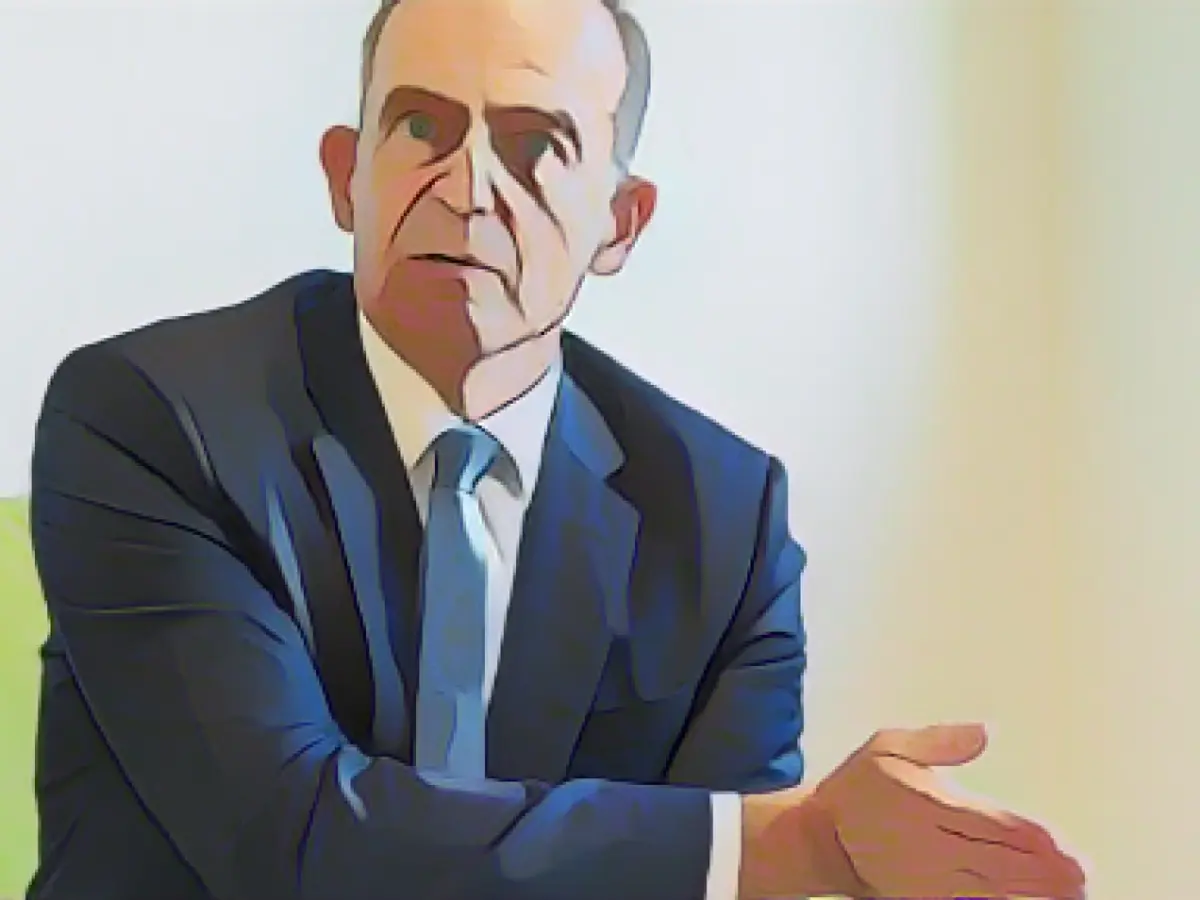Air traffic - More expensive flying: Wissing defends higher ticket tax
Federal Transport Minister Volker Wissing has defended the German government's plans for a higher ticket tax on passenger flights against criticism. "We must avoid anything that unilaterally affects our aviation industry and restricts its international competitiveness," the FDP politician told the Handelsblatt newspaper.
It was announced on Tuesday that the coalition government intends to raise the ticket tax on passenger flights due to the budget crisis. This affects all passenger flights departing from German airports. Plans for a kerosene tax on domestic air traffic are therefore off the table again.
"The kerosene tax, on the other hand, would have favoured fuel tourism and would also have made it more difficult for us to decarbonize air traffic because it can be easily circumvented," said Wissing. Airlines could simply fill up with untaxed kerosene at their foreign hubs. "That's why I have advocated a European aviation levy from the outset."
Costs are already being passed on to passengers
The ticket tax introduced by the black-yellow government in 2011 generated almost 1.2 billion euros in revenue for the state last year. Depending on the final destination of the flight, between 12.73 euros and 58.06 euros per ticket are due, which providers generally pass on to passengers.
The German government now wants to generate additional revenue from the tax in an amount that compensates for the waiver of the national kerosene tax. A government spokesperson spoke of up to 580 million euros per year. That would be an increase of around 50 percent on previous revenues.
Wissing also defended the phasing out of subsidies for electric cars in the interview. "It was always clear to us that the environmental bonus could not be paid in the long term," explained the minister. "Such bonuses will be integrated into the price at some point and are not a permanent solution." Rather, politicians must provide incentives so that the car industry produces cheaper vehicles.
Read also:
- Why there is still no EU funding for green Saar steel
- 3 billion Saar Fund is unconstitutional
- Lack of snow also opens up new opportunities for winter tourism
- Abrupt end to e-car subsidies
- Critics have voiced their concerns about the Federal Government's plan, led by Volker Wissing of the FDP, to increase the ticket tax on passenger flights in Germany.
- The Federal Government's decision to raise the ticket tax is expected to generate an additional revenue of up to 580 million euros per year, as stated by a government spokesperson.
- Lufthansa, along with other airlines, will likely pass on the higher ticket tax to their passengers, as they did with the 2011 ticket tax introduction by the black-yellow government.
- Volker Wissing, in an interview with Handelsblatt, mentioned that a kerosene tax on domestic air traffic would be unfavorable, as it could encourage fuel tourism and hinder decarbonization of air traffic.
- In Berlin, the ticket tax controversy was discussed at the city's Airport, with Transport Minister Wissing defending the government's position against the possible negative impact on the German aviation industry's international competitiveness.
- Households in Germany may experience this increase in the cost of passenger flights due to the raised ticket tax if the airlines choose to transfer the additional costs to their customers, as was observed with the 2011 ticket tax.
- The Federal Government's decision to raise the ticket tax under Volker Wissing's supervision has drawn attention to the need for a European aviation levy, according to the Minister, as it would be less susceptible to circumvention by airlines.
- Volker Wissing's advocacy for a European aviation levy instead of a domestic kerosene tax on air traffic shows his dedication to ensuring fairness and competition in the German aviation sector and across European Air traffic while also promoting greener alternatives.
Source: www.stern.de








